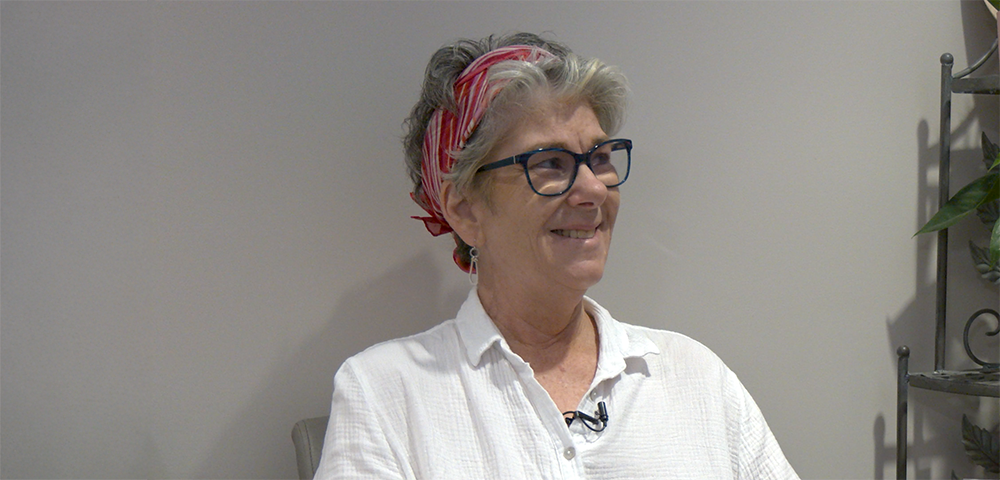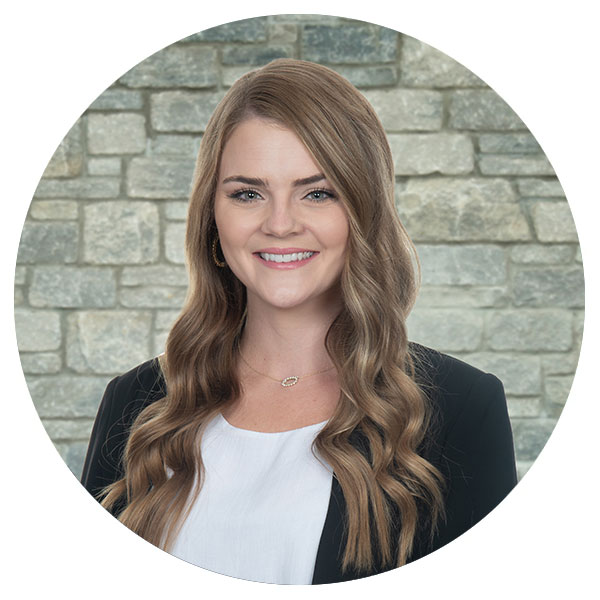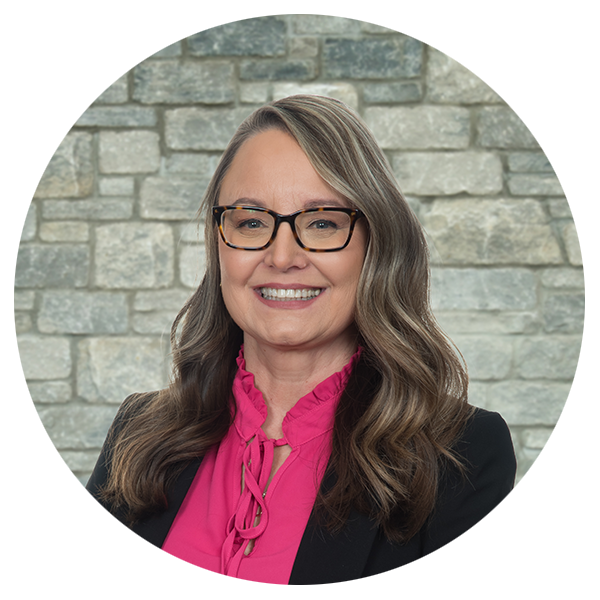by Keith Alexander, MD, Kentucky Ear, Nose and Throat
Do you have trouble getting a good breath through your nose? Do you feel chronically stopped up and congested? Do you get frequent sinus infections?
Untreated nasal congestion can lead to all of these symptoms in addition to difficulty with smell and taste, and can also contribute to conditions like obstructive sleep apnea and some dental abnormalities.
Nasal congestion is usually the result of some physical obstruction inside the nose. These obstructions may be from prior nasal fractures resulting in a deviated septum or may be the result of environmental conditions, such as allergies or non-allergic rhinitis, which cause the lining of the nose to swell. Nasal congestion may also be the result of nasal polyps which are noncancerous growths inside the nose that prevent normal airflow. Much less common are benign or malignant growths inside the nose or sinuses that can also lead to nasal obstruction.
Treatment of nasal obstruction after examination by an Ear, Nose and Throat physician typically falls under either medical or surgical treatments.
Medical treatment may include the use of over the counter decongestants (for example Sudafed®, Mucinex®D or Afrin® spray), antihistamines (such as Claritin®, Zyrtec®, Xyzal® or chlorpheniramine), allergy nasal sprays (such as Flonase®, Nasocort® or Azelastine), or even prescription steroids (such as prednisone or dexamethasone).
Surgical treatment often involves correcting a deviated septum that normally runs down the center of the nose. Septoplasty surgery does not change the outside appearance of the nose. Other common surgical procedures to correct nasal obstruction include those to reduce the size of the nasal turbinates, those that enlarge the nasal valve and those that remove nasal polyps. Occasionally it is necessary to straighten the outside shape of the nose (rhinoplasty) to correct nasal obstruction.
A new minimally invasive surgery to correct nasal valve obstruction involves placing an absorbable Latera stent through the weak nasal valve area just underneath the skin. This helps prevent nasal valve collapse on deep inspiration.
All of these are outpatient procedures, meaning same-day surgeries, and are performed by Ear Nose and Throat surgeons.
If you are experiencing ear pressure or are having trouble swallowing, call Lexington Clinic at (859) 258-4362 to schedule your appointment with an ENT specialist.
Keith Alexander, MD is board-certified in Otolaryngology. He provides services in adult and pediatric ear, nose and throat disorders, and treats allergy and sinus patients of all ages. He specializes in functional and cosmetic nasal surgery, including rhinoplasty. Dr. Alexander can be reached at (859) 278-1114.







